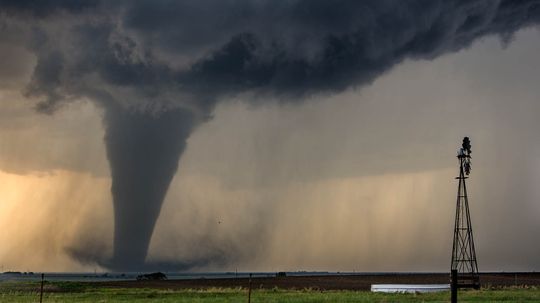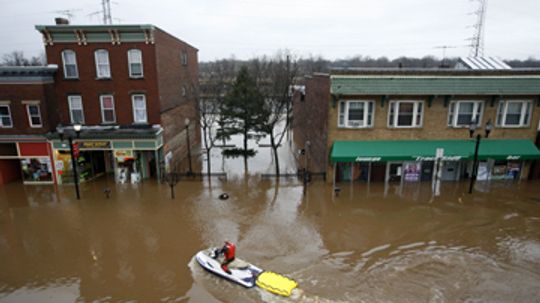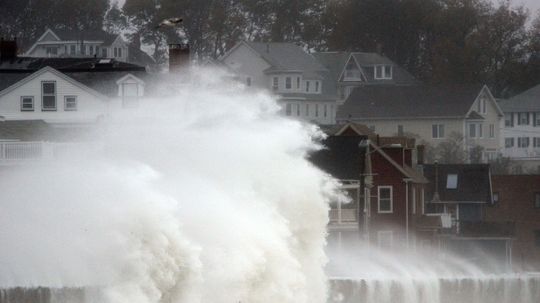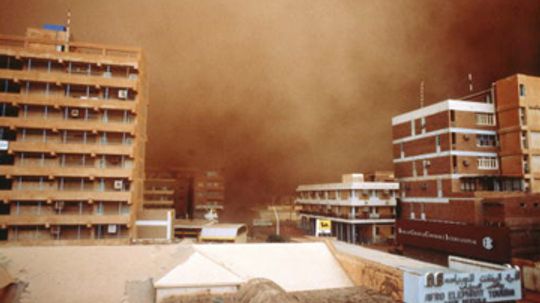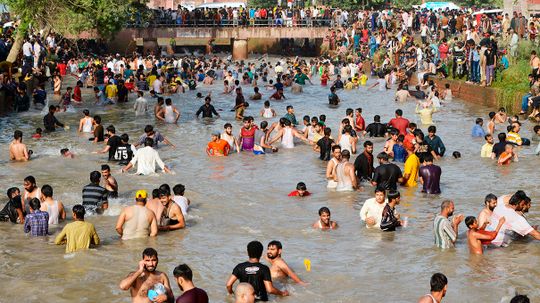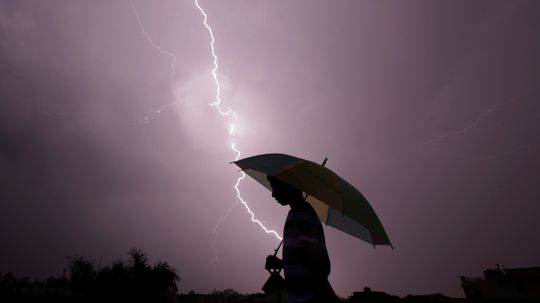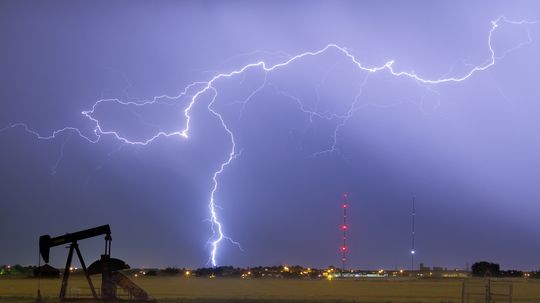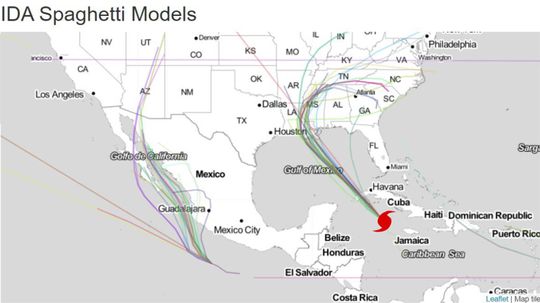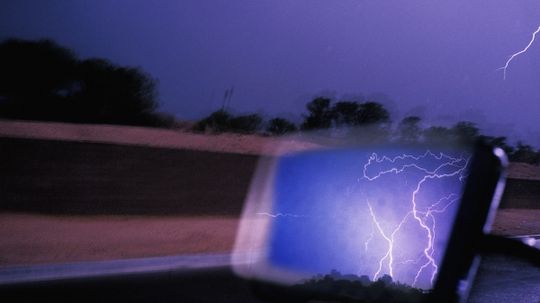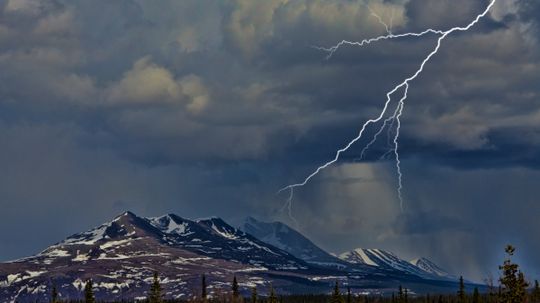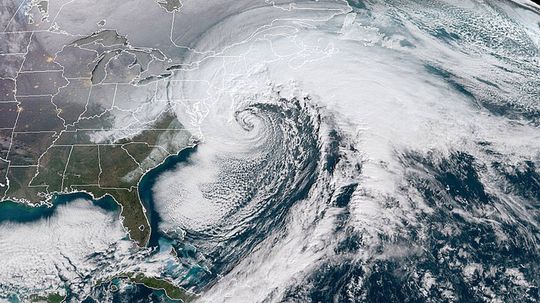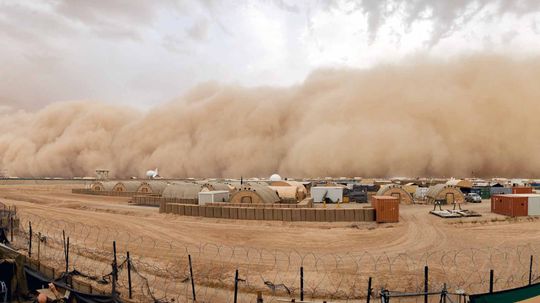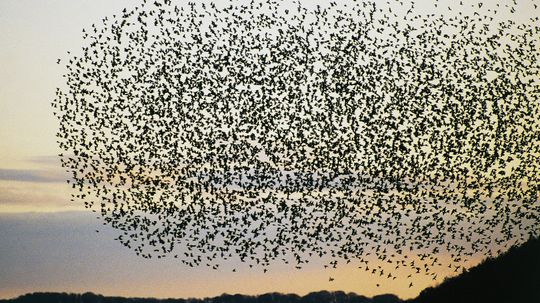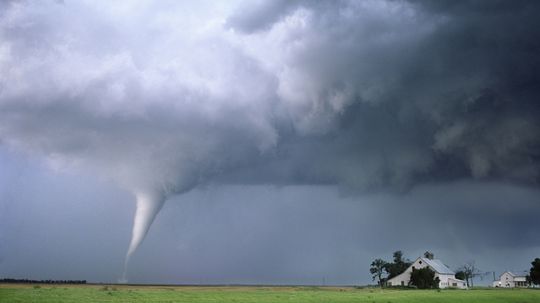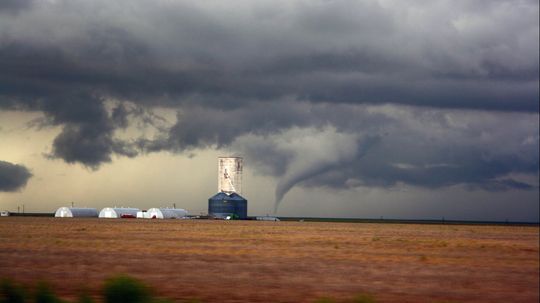Storms
Storms are a meteorological event that can be studied to advance the science of meteorology. The study of storms can potentially save lives as scientists gain a better understanding of their nature. Learn more about storms here.

14 Types of Clouds Drifting Across the Sky
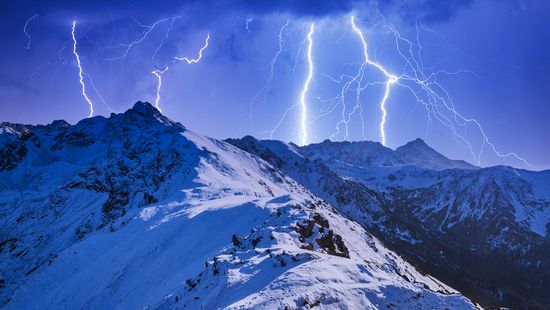
Thundersnow Only Occurs in 7 of Every 100,000 Thunder Storms

The Coldest Country in the World Is Below Freezing, on Average

How Is Barometric Pressure Measured and Why?
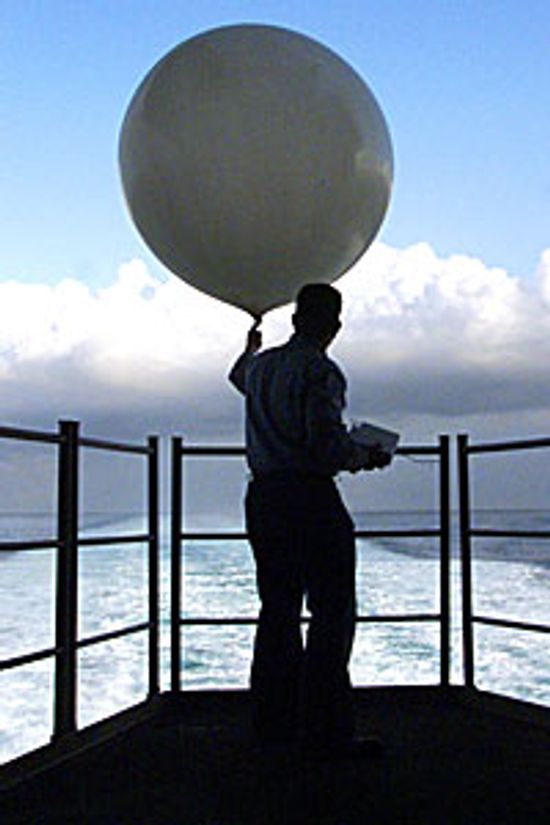
How a Weather Balloon Works?
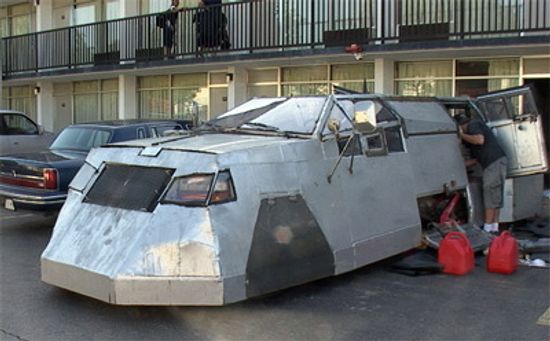
How the Tornado Intercept Vehicle Works

10 States With the Best Weather Year-round

Find the Best Weather in the U.S. in These 8 Cities

Can China control the weather?
Learn More / Page 2
Understanding a tornado watch vs. warning is the difference between preparing for a potential disaster or immediately seeking shelter.
By Yara Simón
When a hurricane or flash flood strikes a city, it can leave residents stranded in their cars, homes or other buildings waiting for rescue. How do rescue teams know where to go first?
"Nor'easter" is one of those words that makes you think of an old mariner scanning the horizon for a pending storm. What does it really mean - and why don't we say "northeaster"?
Advertisement
Though they're outranked by other, more dangerous natural phenomena, dust storms can still do serious damage to life and property. What causes these massive storms?
The mercury soared to over 122 degrees Fahrenheit in Nawkwabash, Pakistan. It could be the highest April temp ever recorded on the planet.
By Mark Mancini
If you're in a thunderstorm, then your top priority is safety. It might sound like a good idea to call your loved ones and let them know you're okay, but hold the phone a moment. See those lightning bolts outside? They've got other ideas.
It would be nice if our electronic devices doubled as handy, lightning-proof talismans to ward off danger during a thunderstorm. Sadly, that sounds more like sorcery than science. In the meantime, maybe you should just leave them off and unplugged.
Advertisement
Simon and Garfunkel. Peanut butter and jelly. Thunder and lightning. Some things are just better when they roll in pairs. But while we know that '60s folk singers and classic foodstuffs can also roll solo, what about these stormy BFFs?
In the days of Ancient Greece, it was easy enough to chalk up a bolt from the blue to Zeus, the great curmudgeon of Mt. Olympus. But while Ancient Greeks probably never felt safe from their grumpy god, today we know a bit more about lightning safety.
Spaghetti models plot the potential tracks of tropical storms and hurricanes from different meteorological organizations onto one map. The resulting visual helps project how likely the forecast track will be.
To paraphrase the band Queen, thunder and lightning are very, very frightening. Especially when you're stuck in a car in the middle of nowhere. But can your rubber tires protect you from a lightning strike?
Advertisement
If you hear thunder during the winter, should you get your snow shovel ready? Find out if thunder in winter means thunder snow is coming.
Can you shower during a thunderstorm? It's long been rumored that taking a nice, warm shower is a dangerous proposition when electricity is coursing through the sky.
Bombogenesis is a phenomenon in which the atmospheric pressure in the middle of a low-pressure system drops rapidly, intensifying a storm and creating a bomb cyclone.
Haboobs are giant walls of dust that can come seemingly out of nowhere. How are they created and are they different from sandstorms?
Advertisement
Frogs! Fish! Birds! A surprising number of things have rained down from the sky besides water. But how?
A tornado is one of those amazing, awesome acts of nature that simply leaves you dumbfounded -- a huge, swirling, 200-mph beast of a storm that appears to have a mind of its own.
Where is tornado alley and why do so many tornadoes form there?
